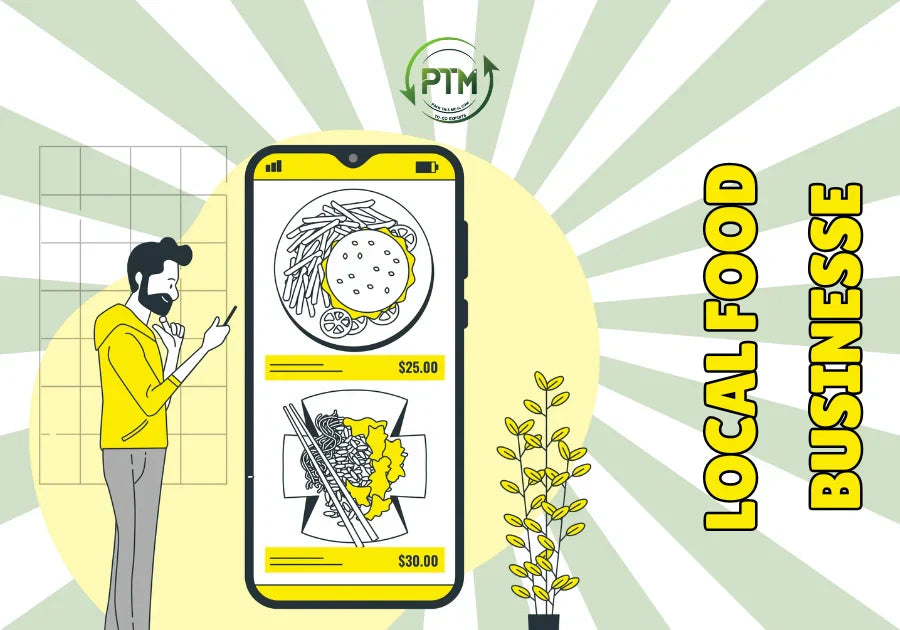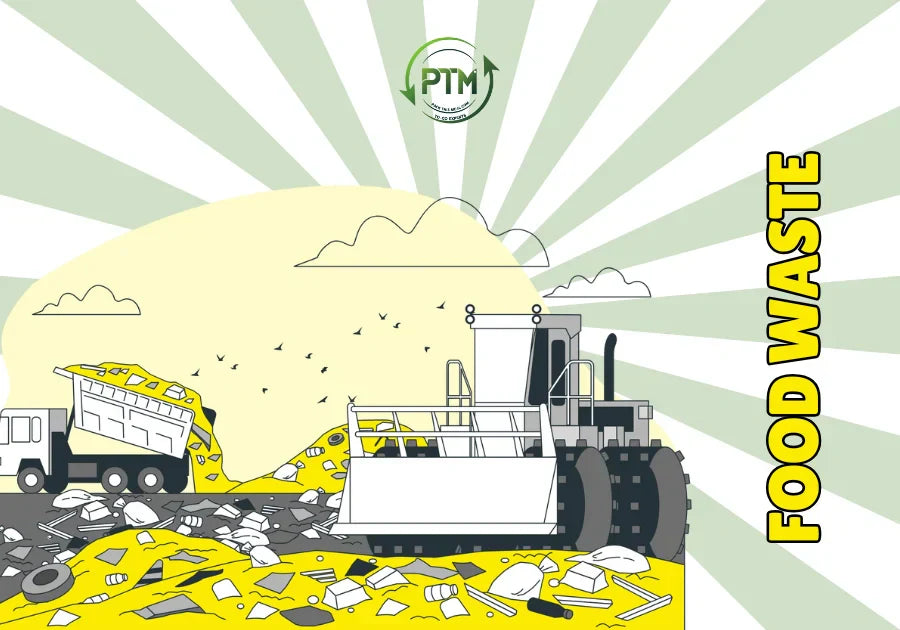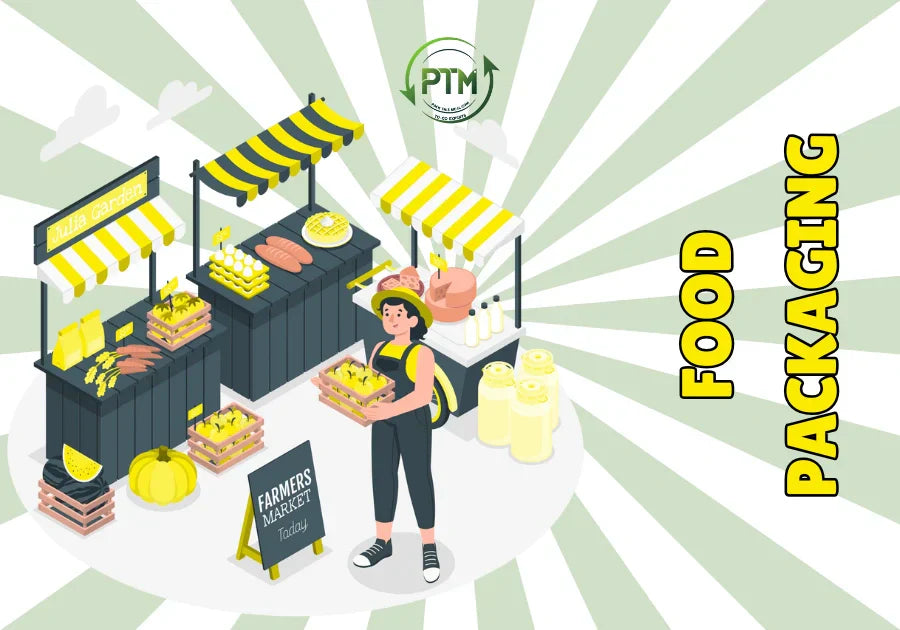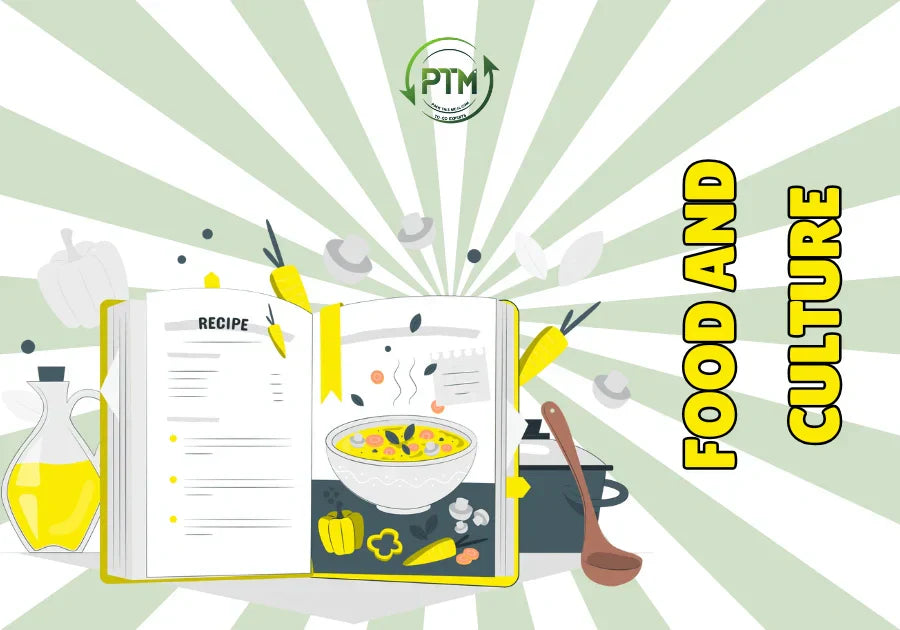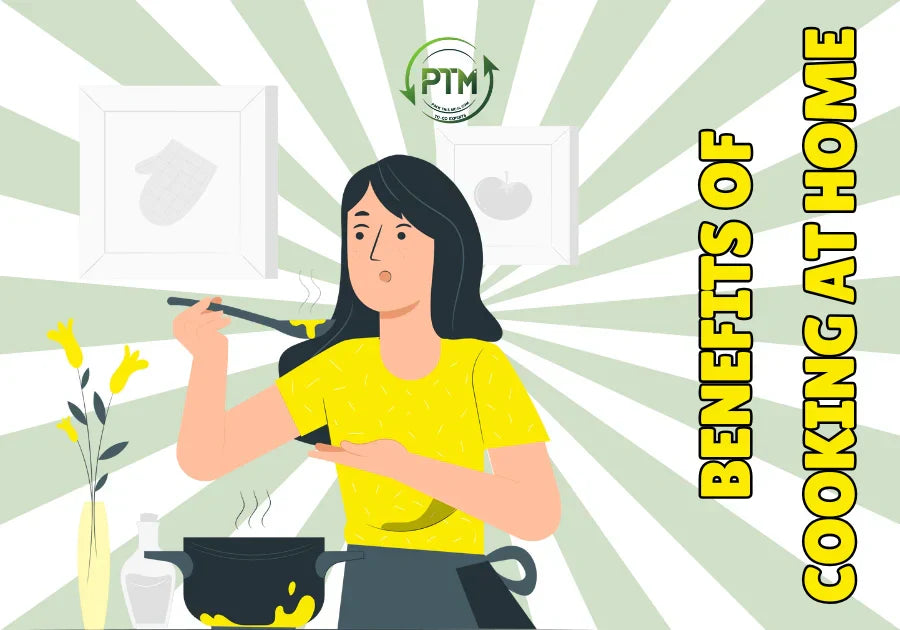An Introduction to Biodegradable Materials
Composting is a great method to improve your soil, cut down on trash, and help the environment. You can't just throw everything in your compost bucket, though! You will learn how to make the ideal compost formula and what items may be composted from this beginner's guide.

Composting: What is it?
Composting is similar to the recycling mechanism seen in nature. Composting is the process of turning organic materials, such as food scraps and yard trash, into a nutrient-rich soil supplement. This "black gold" may then be shared with your community garden, used to enrich the soil in your garden, or utilized to feed your houseplants.
Compostable materials come in two primary varieties:
- "Greens" (rich in nitrogen): These substances supply nitrogen, which speeds up the breakdown process.
- Food scraps include eggshells, coffee grounds, tea bags, and the skins of fruits and vegetables.
- Cut grass: New, verdant grass cuttings
- Cow, horse, or chicken manure: From herbivores (make sure it's well-rotted)
- "Browns" (carbon-rich): These materials contribute carbon, which aids in aeration and gives compost its structure.
- Dry leaves: Deciduous tree leaves that have fallen
- Newspapers and cardboard (avoid glossy or colorful paper) can be shredded.
- Sawdust: Sawdust or untreated wood shavings
- Hay or straw?
The Perfect Recipe for Compost:
Make sure that the amount of "greens" and "browns" in your compost container is balanced. An ideal proportion is around one part "greens" to two to three parts "browns." For the best breakdown, this offers the ideal ratio of carbon to nitrogen.
Additional Biodegradable Materials:
- Plant trimmings: little branches, flowers, and seedless weeds
- Cotton and wool: Natural materials (avoid synthetic textiles) such as cotton balls and leftover wool yarn
- Human hair and, to a lesser extent, cat fur
Things Not to Include in Your Compost:
- Dairy, meat, and bones can produce offensive scents and draw bugs.
- Grease and oils might interfere with the composting process.
- Plants that are diseased have the ability to infect other plants.
- Wood that has been chemically treated may contaminate your compost.
- Pet waste: Dangerous germs may be present in the excrement of dogs and cats.
- Metal, glass, and plastic are non-biodegradable materials.
Advice for Effective Composting:
- Shred or chop bigger materials to speed up their decomposition.
- Regularly turn your compost: This expedites the process and provides oxygen.
- Maintain moisture in your compost: It ought to be as wet as a sponge that has been squeezed out.
- Have patience: Composting often takes a few months to a year.
Home and Outside Composting:
Composting in the backyard: Build a compost pile or use a compost container. Using worms to decompose food leftovers inside is known as vermicomposting.
Community composting: A lot of cities have drop-off sites or composting programs.
Using packthismeal.com to Start Composting:
Are you looking for food containers that can be composted to further reduce the environmental impact of your kitchen waste? Visit PackThisMeal.com to see our assortment.


